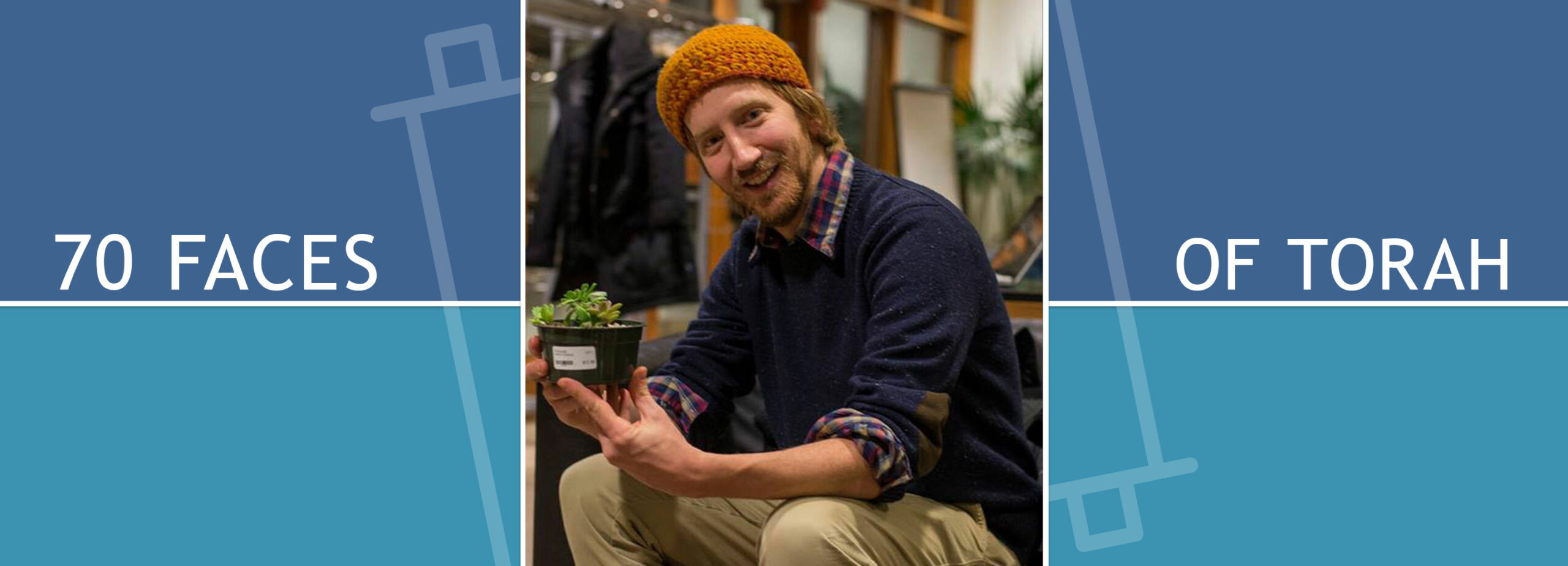Genesis When the Holy One is a No-Show

Parshat Vayetze (Genesis 28:10-32:3)
Perhaps the most memorable words from this week’s parasha, Parashat Vayetze, are the oft-quoted words of Jacob, who having awoken from a holy vision of a ladder connecting the heavens and earth says:
אכן יש ה במקום הזה ואנוכי לא ידעת Surely Adonai was in this place, and I…I didn’t know it.
The line is in some ways the quintessential expression of spiritual awakening. Eyes are opened to a new world of metaphysical possibility, and it was all there before—just unnoticed. So, our teachers and rabbis have expounded on these words to remind us that opportunities to commune with the Divine are all around us. On subway cars, at political rallies, in the grocery store, a homeless shelter, the gas station, a soccer game—we have been given countless examples of people surprised by a chance encounter with the Transcendent. We hear it time and again, “the Holy One was right here and I didn’t even know it.” Don’t get me wrong, I am not complaining; it is good Torah. We need the reminder!
That being said, we might also want to remind ourselves that, for all the resonance and truth that lay in the words of our forbearer, life is not always so generous in doling out the powerful religious moments. Sometimes, in fact, we might be tempted to express the exact inverse of Jacob’s words. “I expected God to be here, and God wasn’t.”
It is not so hard to imagine feeling this way. I have been to shul’s where these words might as well have been inscribed across the aron. In services on our holiest days, at weddings and b’nai mitzvot, even at the holiest sites of our people, it’s possible to feel like we’re getting stood up. “I am here. Where is God?”
No encounter with the Divine this Shabbat, no “ah-ha” moment at the Passover seder, no still, small voice in my morning meditation.
You’d think that we might take the hint! And, yet, we also find ourselves profoundly surprised. Did I really just have a chance meeting with Holiness in the arboretum? Did I find myself crying as we made Havdallah? Was I moved (transformed!) by a conversation with an octogenarian at Kiddush luncheon? It goes to show that there is no way of knowing which experience might strike that chord deep within us. And this is essentially Jacob’s message. When we come upon Divinity, we should take note of it, remember it. Jacob builds an altar; we might make a bracha.
In her commentary on Vayetze, Nechama Leibowitz points out that after his stone stacking and promise making at Beit El, the Torah employs curious language to describe Jacob’s departure from the sacred space.
וישא יעקב רגליו Jacob lifted his feet.
The phrase is only used to mark the beginning of a journey in this one spot in the Torah. Picking up on its singularity, Leibowitz presents a midrash that attempts to interpret the phrase.
“In the ordinary way, men are carried along by their feet, whereas, this one [Jacob] carried his feet. Out of his longing for that place, he was deeply reluctant to leave it and had to force his feet to carry him” (Midrash Or HaAfela, quoted in Torah Shleimah).
Having experienced God’s presence, who can blame Jacob for dragging his feet? “Give me one more moment at this holy place.” Yet, I might assert that high moments are not the only times that we are reluctant to move forward. In our missed connections, we may also experience a desire to simply stop searching. “How long can I keep seeking God out with no luck?” And yet, “Jacob lifted his feet”, comes to remind us of our spiritual empowerment and to impel us to pull our heavy feet off the ground and continue our search for Holiness and for meaning. My prayer this Shabbos is that we all be blessed in our journeys to have the strength to just keep lifting our feet, whether we are coming down from a religious high or just hoping to move on from an inevitable spiritual low.
Rabbi Jordan Braunig Rab’14 was ordained at the Rabbinical School of Hebrew College in Newton, MA and is Director of the Initiative for Innovative Community Building at Tufts University Hillel.
Interested in a possible career in the rabbinate? Read Rabbi Dan Judson’s article “Jewish Lessons on Meaningful Work.“ Rabbi Judson teaches history, oversees the professional development program, and serves as the placement director for the Hebrew College Rabbinical School. He has a PhD in Jewish history from Brandeis University.

